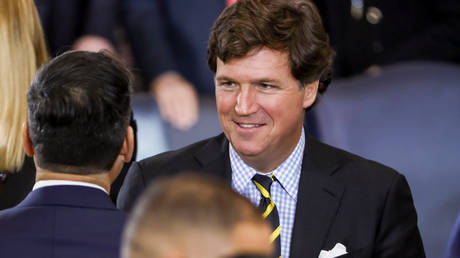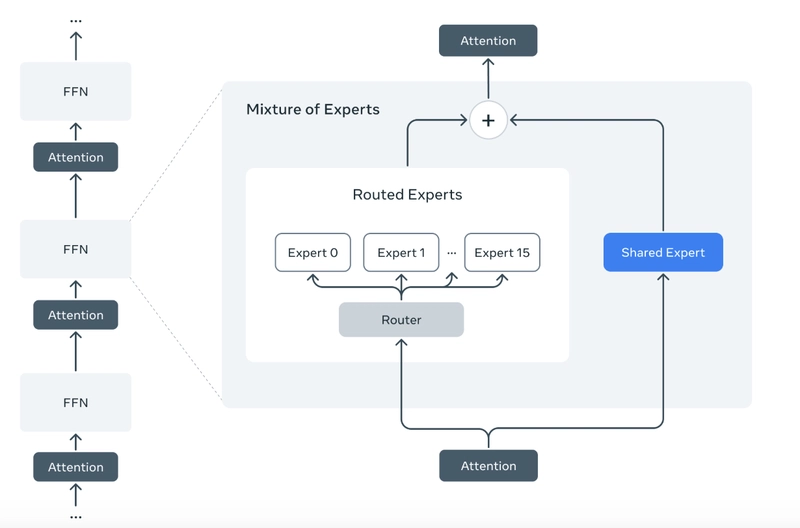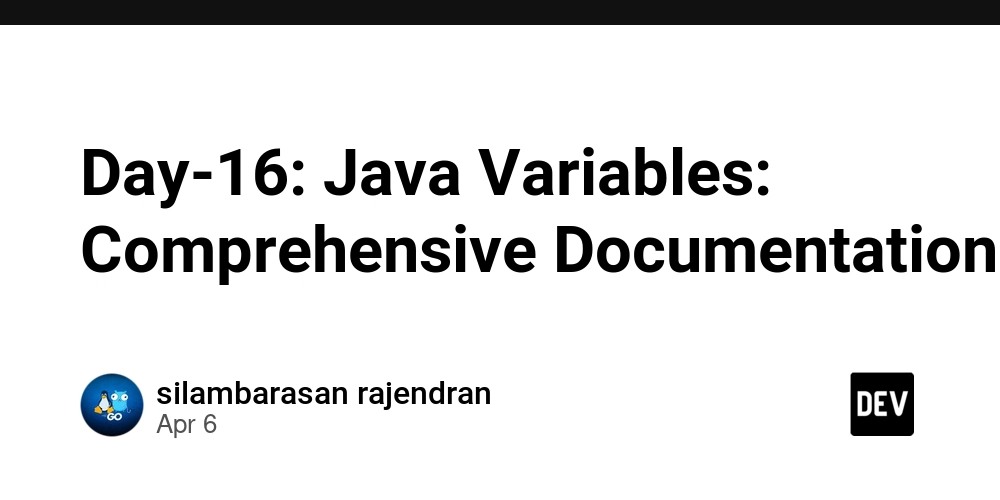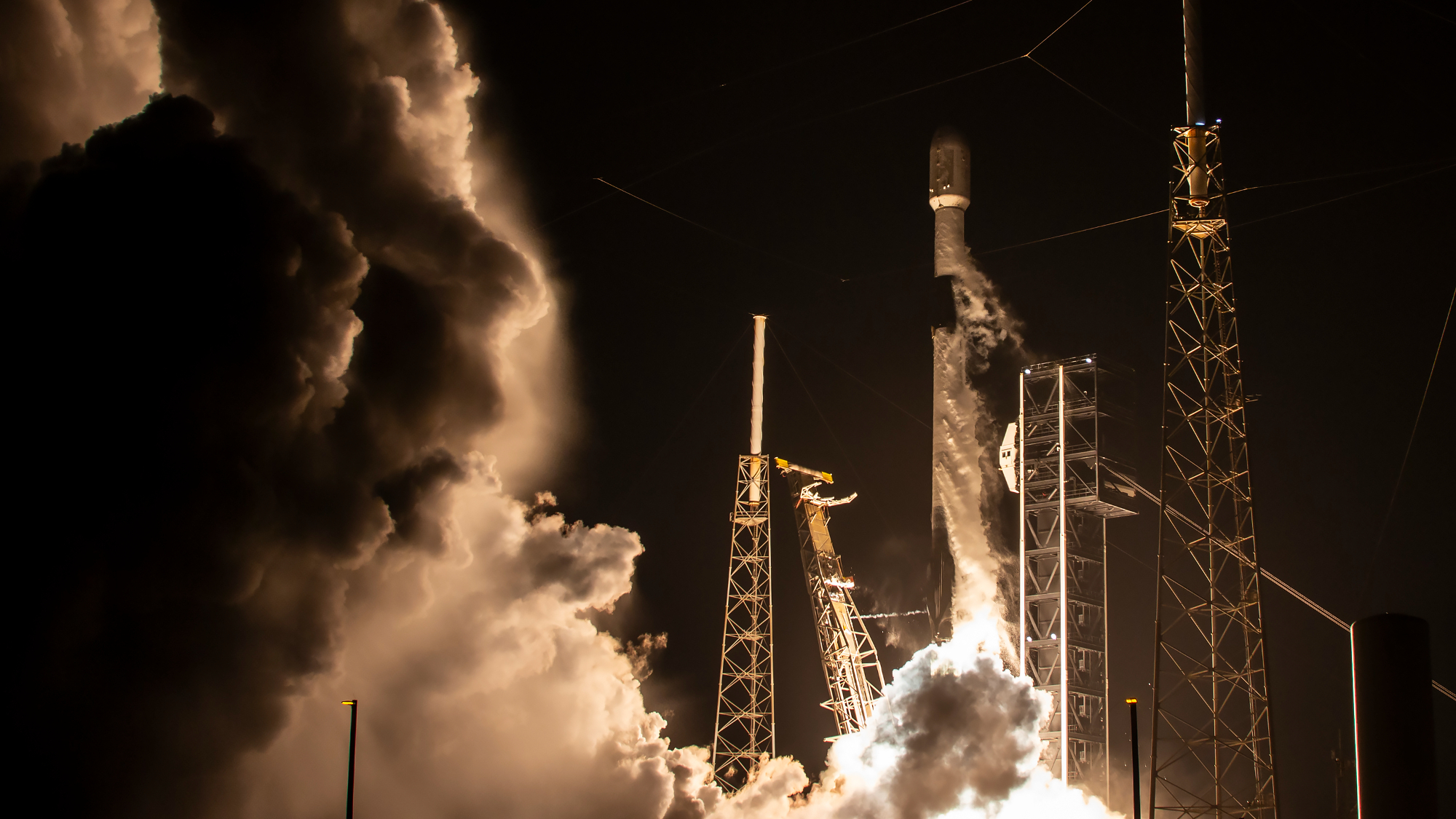The Trump administration fired at least a half dozen officials in both the Defense Department's National Security Agency (NSA) and the White House’s National Security Council.
The move came a day after Loomer, an activist linked to far-right conspiracies, met with Trump in the White House and reportedly brought a list of officials who she argued couldn’t be trusted.
The purge of national security officials so far includes at least six at the National Security Council, which is overseen by national security adviser Mike Waltz, and the top two leaders of the NSA, an intelligence agency within the Department of Defense.
Those out at the council include Brian Walsh, senior director of intelligence; Thomas Boodry, senior director of legislative affairs; and David Feith, senior director of technology and national security. The New York Times also reported that Maggie Dougherty, the senior director for international organizations, was forced out. Boodry was also an aide to Waltz when he was House member in Congress.
Also sacked Thursday was Gen. Timothy D. Haugh, who led both the NSA and U.S. Cyber Command, and his deputy, Wendy Noble, who has reportedly been reassigned within the Pentagon.
Sen. Mark Warner (Va.) and Rep. Jim Himes (Conn.), the top Democrats on their respective intelligence committees, blasted the removal of Haugh in particular. Warner noted the timing, coming a week after Trump’s national security officials faced backlash to reporting about their use of a Signal chat for military planning — and accidentally inviting a journalist into the group chat.
The National Security Council ousters have rankled those in the national security and defense communities, with critics of the move expressing concern the firings would serve to weaken U.S. intelligence and security.
Sen. Mike Rounds (R-S.D.), who sits on both the Senate Armed Services and Intelligence committees, said it “raises eyebrows” when “there is a firing of people on the National Security Council or their staff, particularly people that we have respect for, who were part of the Intel community to begin with here in the Senate,” according to The Associated Press.
Particularly strong criticism has been aired over the firing of Haugh, who had led the NSA and U.S. Cyber Command since 2023.
Haugh oversaw the agencies’ significant roles in U.S. cybersecurity — the NSA collects and analyzes huge amounts of information to support the military and other federal national security agencies, while U.S. Cyber Command plans offensive operations against enemies and defends U.S. networks.
Read the full report at TheHill.com.



















 (1).webp?#)





































































